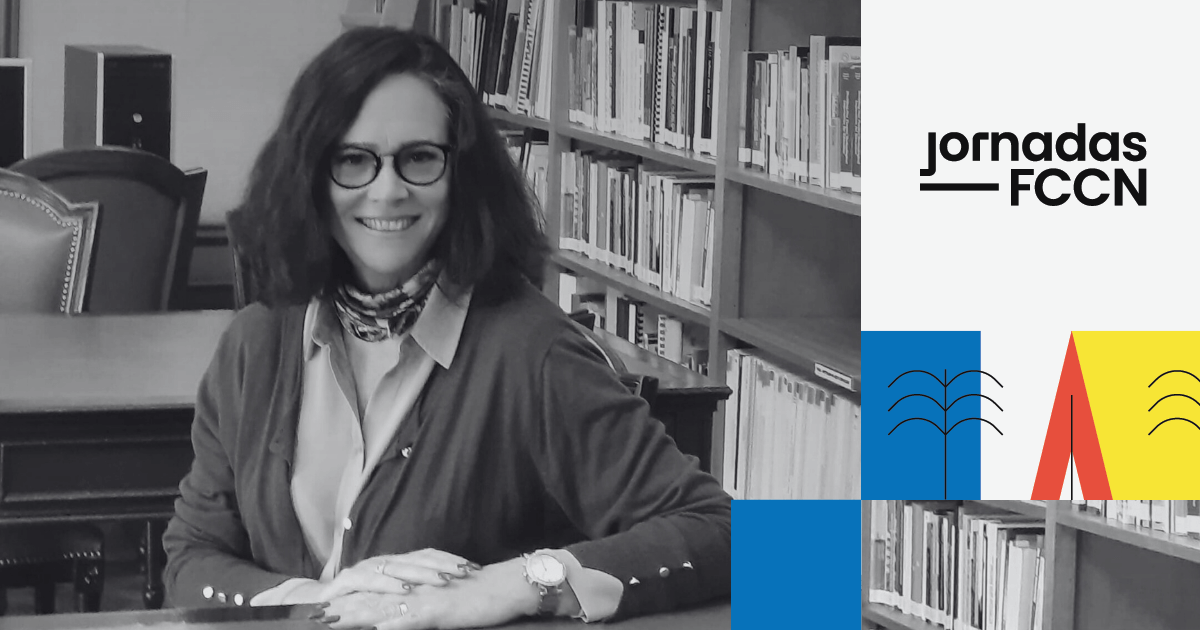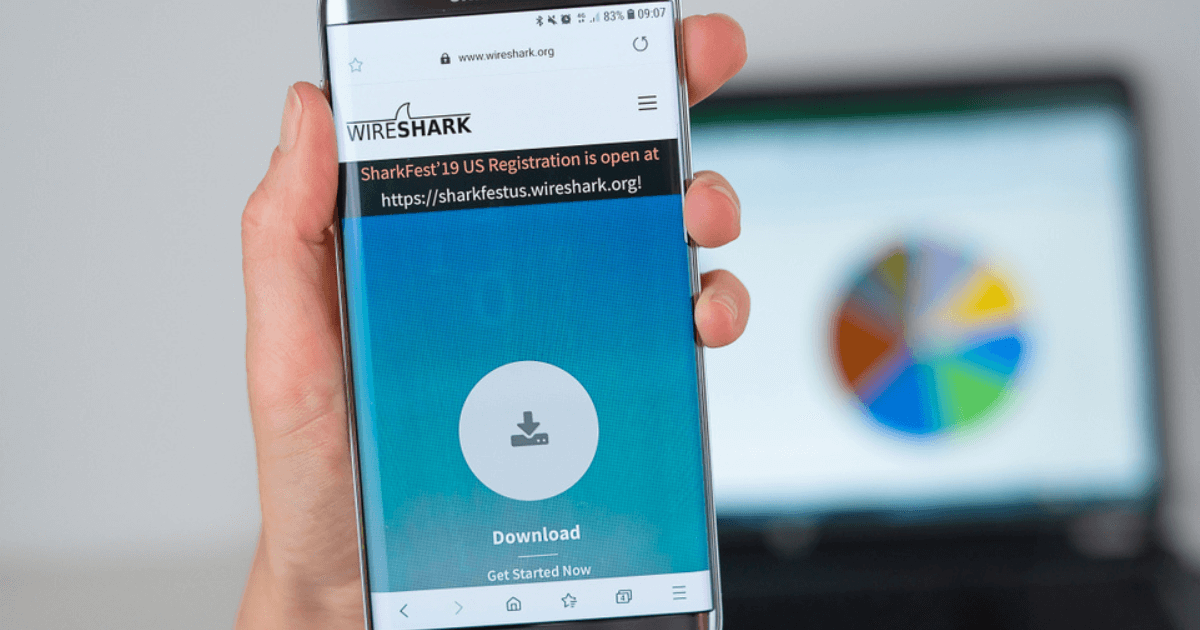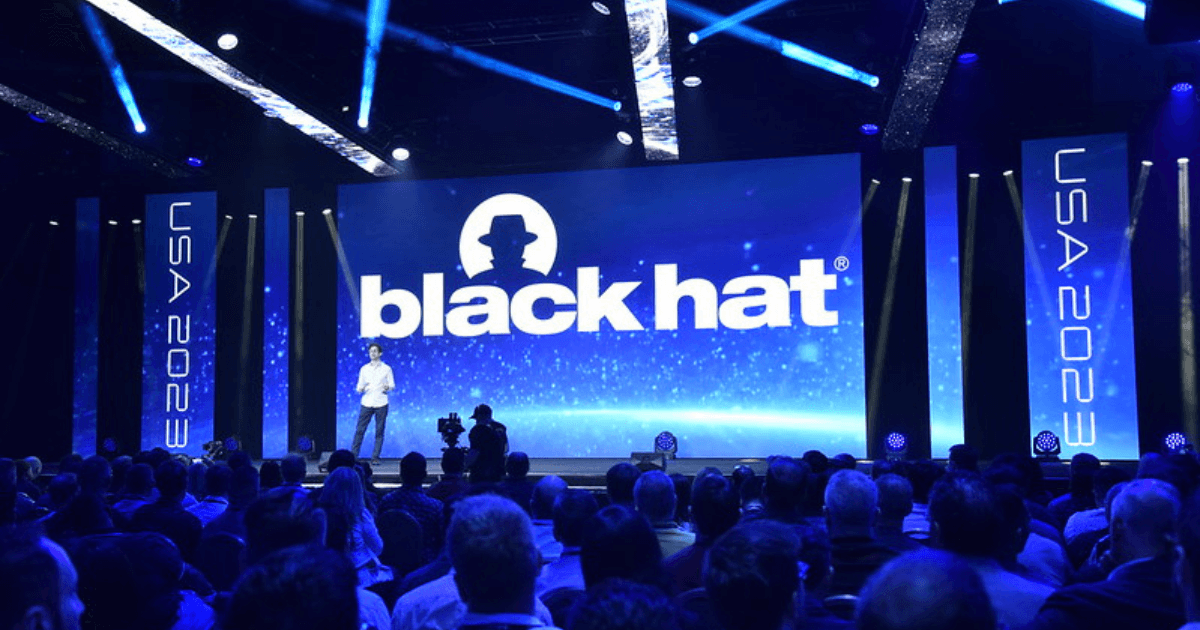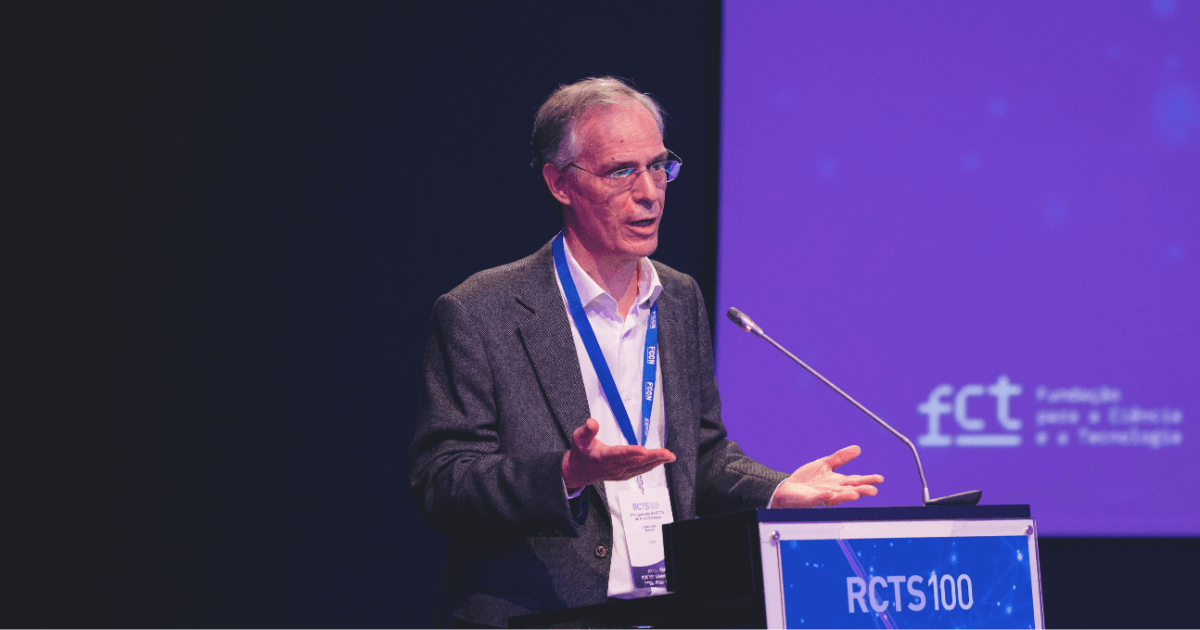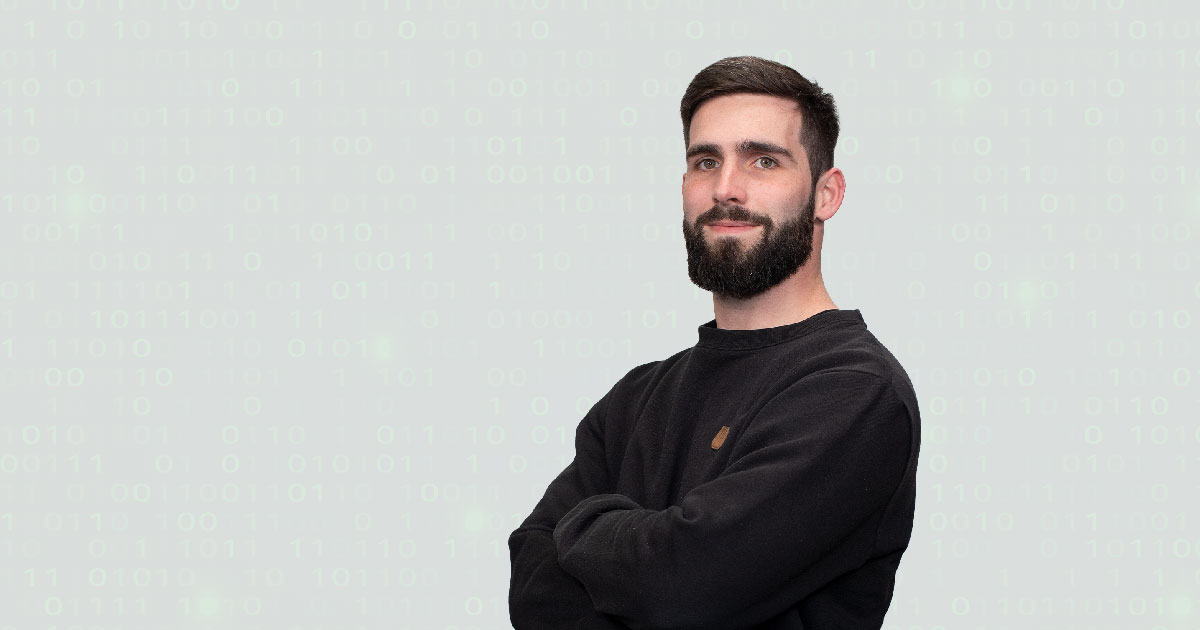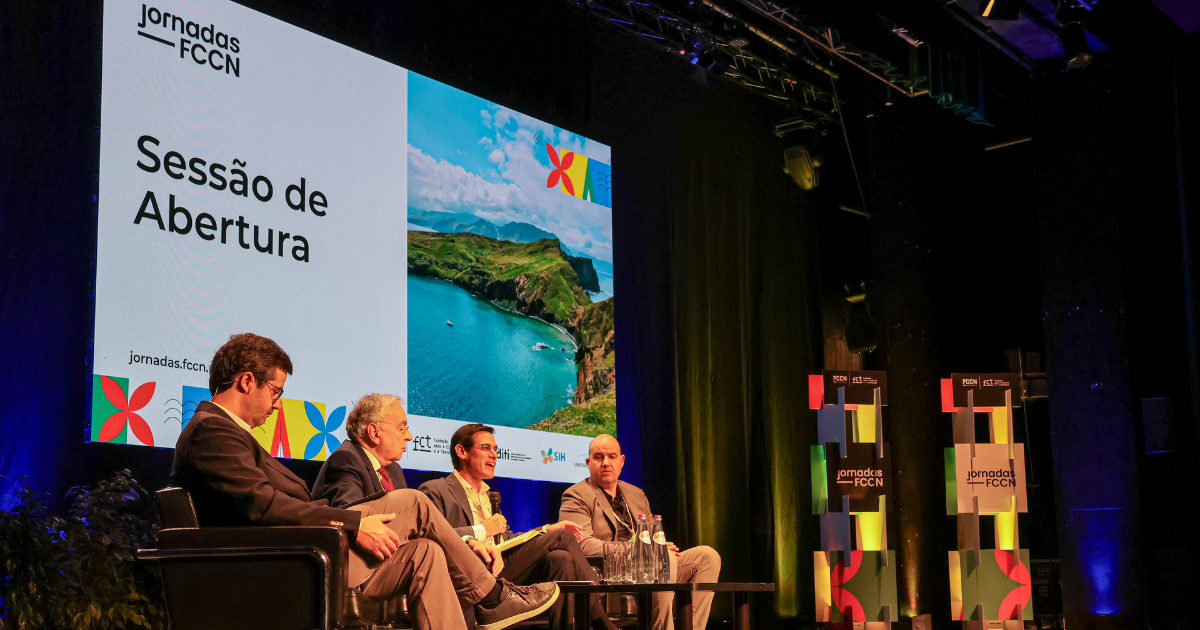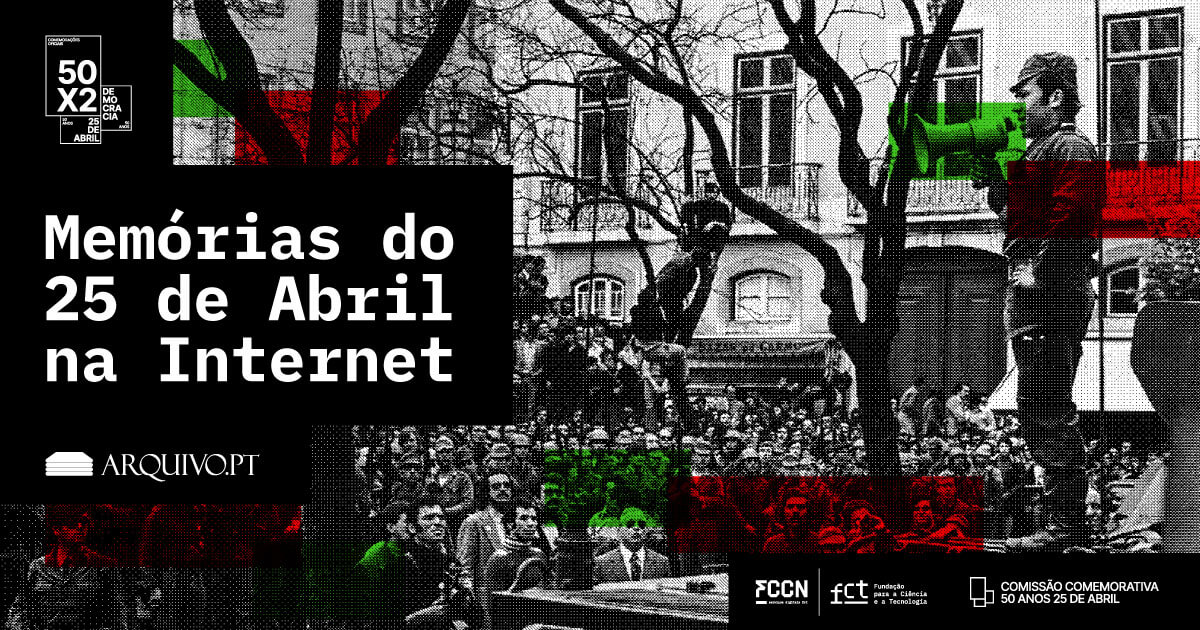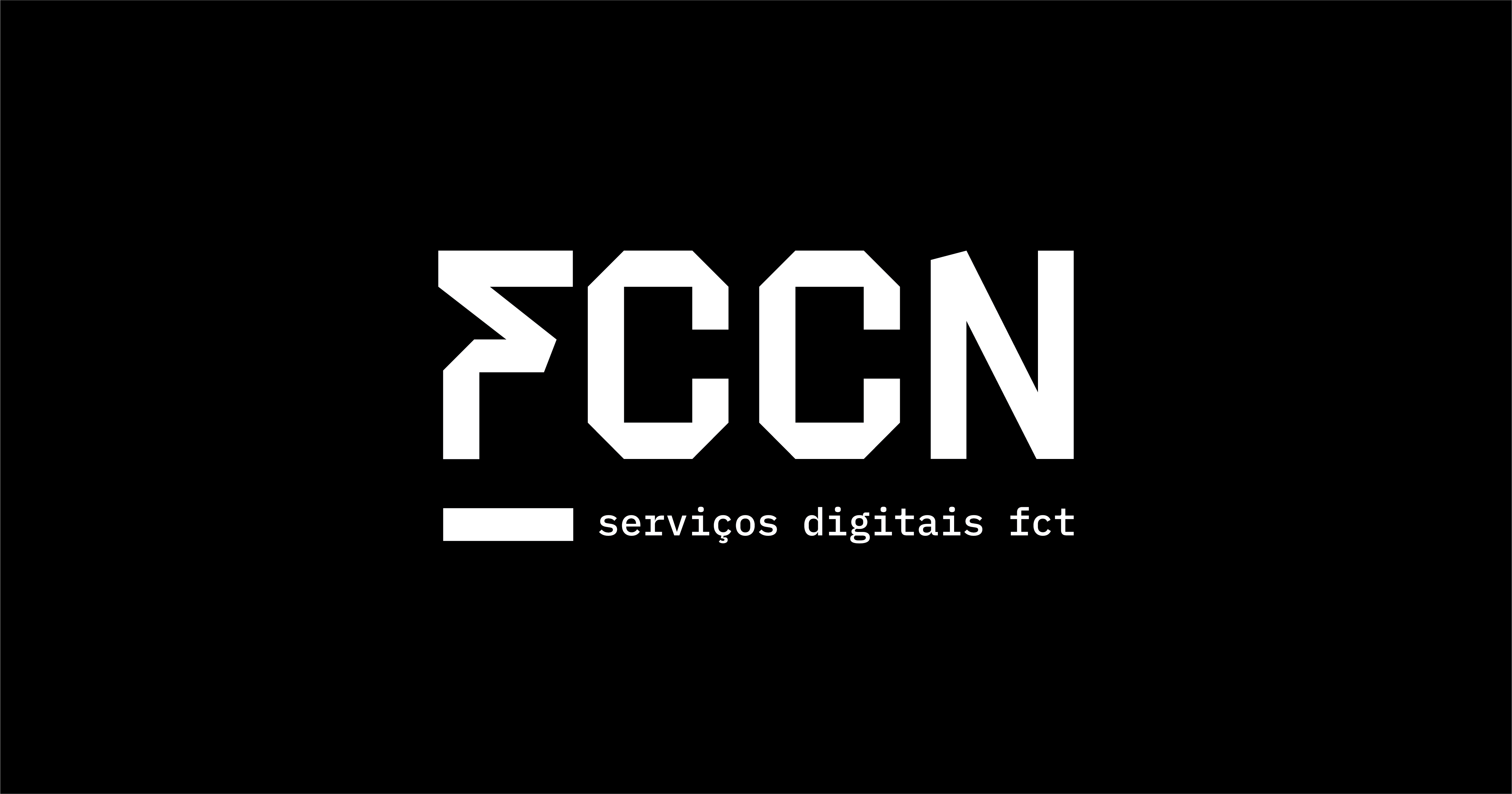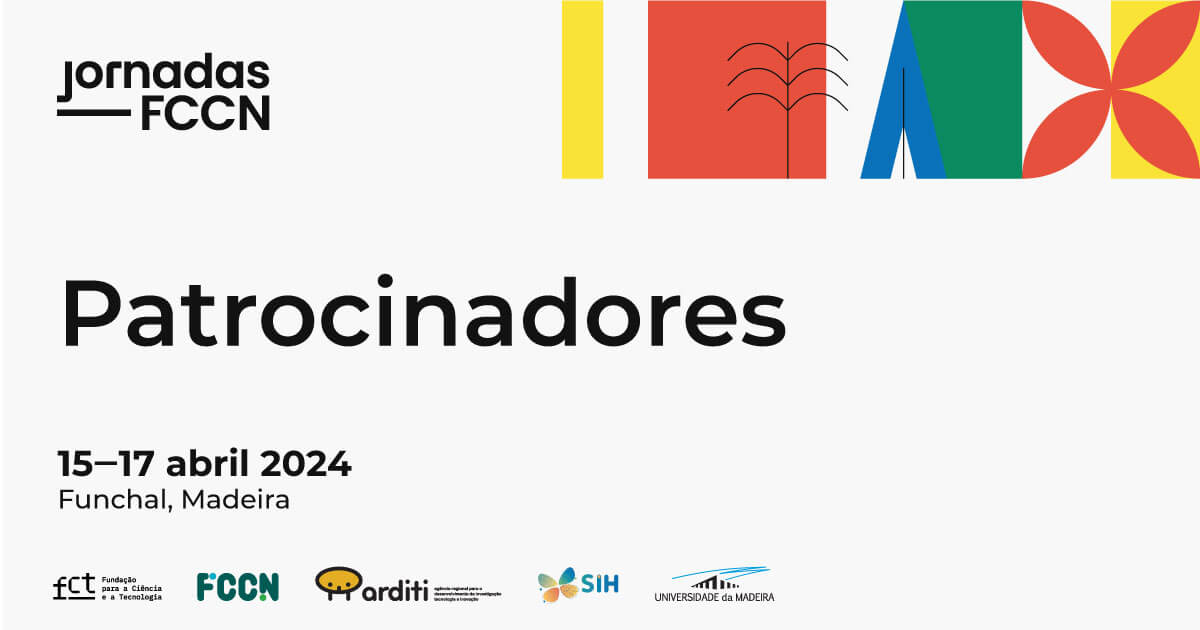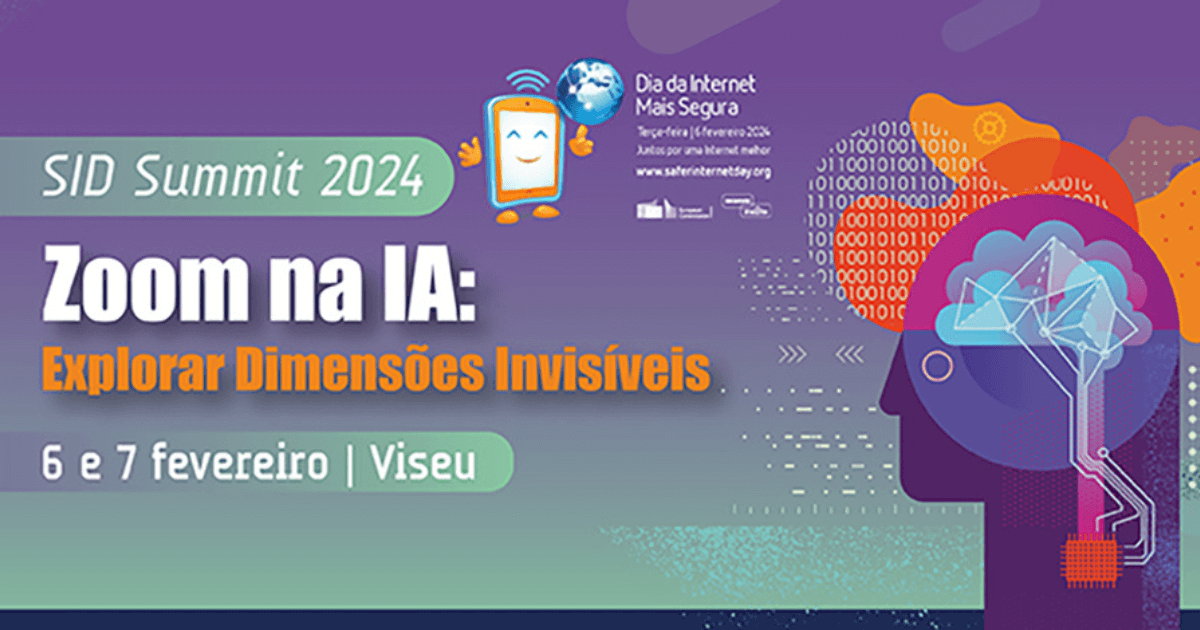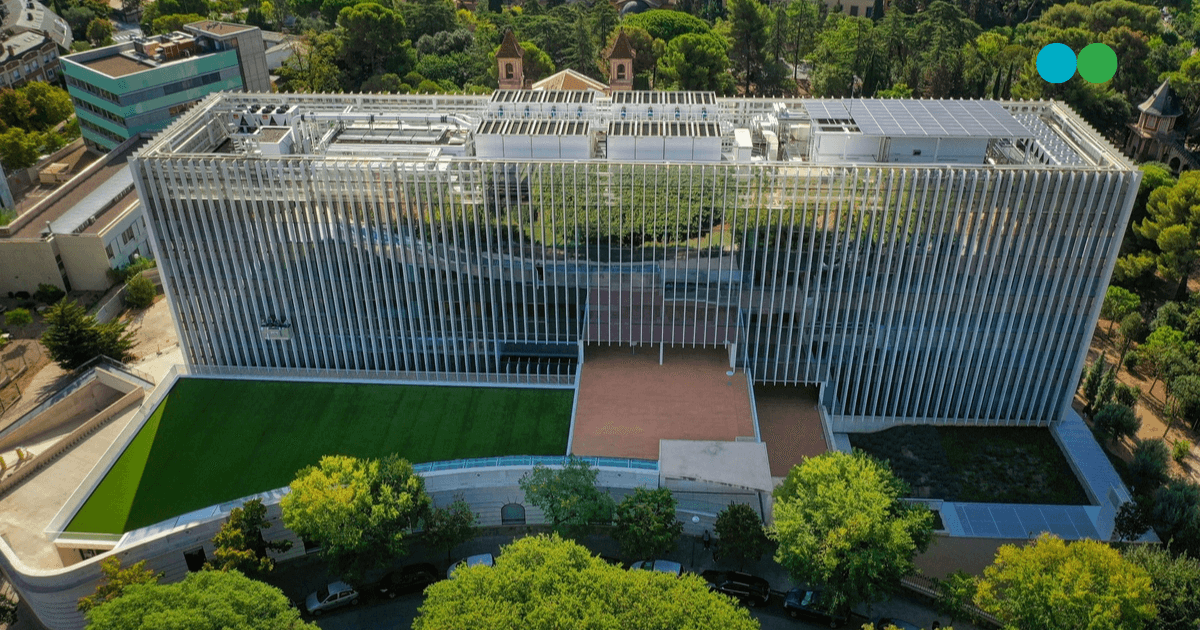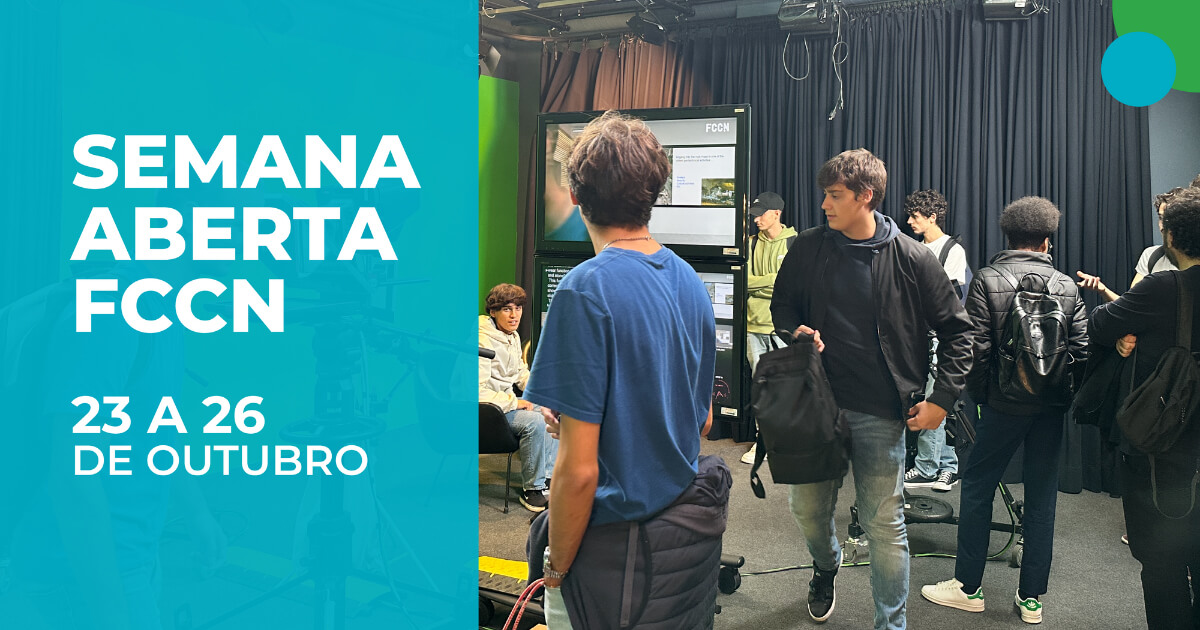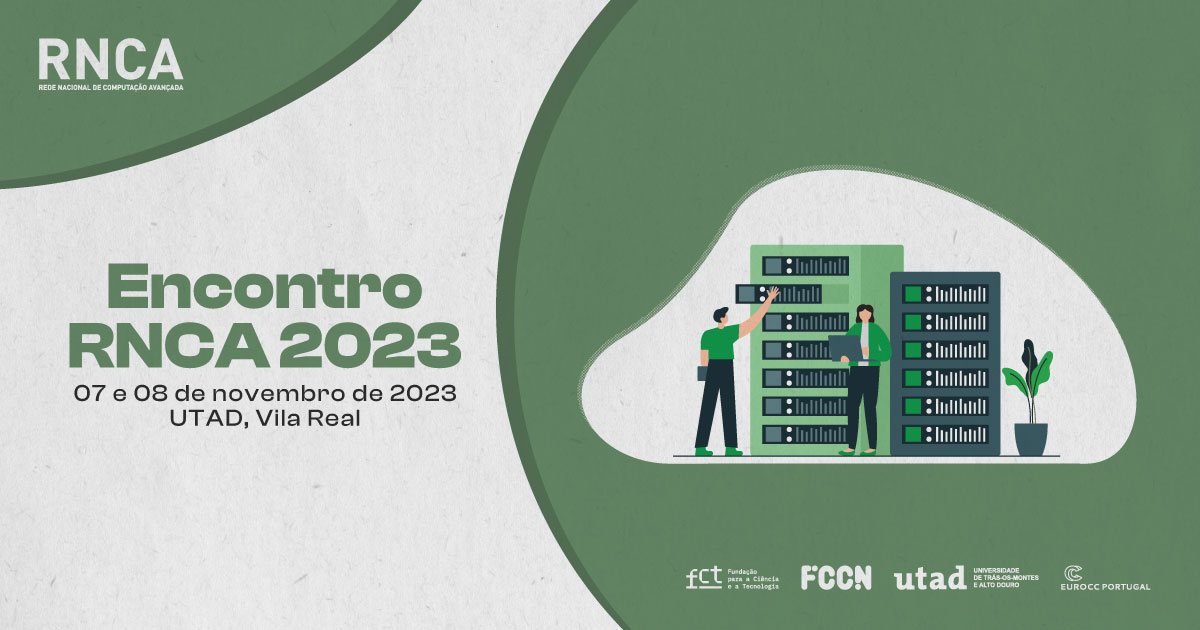Find out about the projects and services made available by the FCCN Unit to teachers and students in Higher Education. Holding meetings and classes remotely, sharing resources and educational content or sending large files are just a few examples.
The fact that higher education and research institutions are part of the RCTS network gives them unlimited access to services ranging from high-speed connectivity to collaboration services and many others, which aim to improve the lives of this community. In this way, the FCCN Unit of the FCT (Foundation for Science and Technology) connects more than six hundred thousand students, researchers and staff, who rely on the national education network on a daily basis.
9 services for the Higher Education community
#1 eduroam. Connect to the world
Available in over 100 countries, the eduroam service has become a regular presence on the campuses of higher education institutions. In Portugal - which was one of the founding countries of this service - there are 76 institutions connected to eduroam which thus provide secure Internet access to their communities.
This service is managed in Portugal by the FCT's FCCN Unit, which guarantees all members of the academic community a valid access credential at any access point on this worldwide network. For this reason, with the same login, it is possible to access the Internet in various locations throughout the country and the world.
One of the steps planned for the future of this service in Portugal is related to providing Internet access in spaces outside the academic world, especially those visited daily by users,
#2 Filesender. Send large files safely
Ideal for those who need to send and share large files, Filesender is another of the Unit's services FCCN with added value for the academic and research community.
Through this web application, it is possible for authenticated users (through the RCTSaai service) to send and temporarily store large files, whose data are hosted in Portugal.
The maximum upload limit is 100 Gb, which makes this a very useful solution for situations in which the file you want to send is too large to be sent by e-mail. There is also the advantage that it can be sent to several recipients simultaneously (up to a limit of 100), from a single upload .The files are available for 30 days.
Over the last few years, the increased use of this service has led to the strengthening of the software and hardware that underpin it.
#3 Educast. Share your work
For all students and teachers who want to record, share or disseminate their academic work in video format, Educast is the ideal tool. Through this platform it is possible to easily record, edit and publish contents such as papers, classes or presentations . To do so, all you need is a personal computer and the recording and editing platform available online.
In 2021, Educast presents several new features, after the launch of a new HTML5 editor at the end of last year. In addition to several improvements in accessibility and usability, it is now possible to enrich content metadata and create editable descriptions, for example. A new landing page for the service will soon be launched, where the main focus will be on searching content on the platform.
In 2021, Educast records about 7,580 educational videos published, with a total of 446,394 minutes produced. In comparison with 2020, there is a growth in its use, with 9,312 new users and 725 new channels created by them.
#4 b-on and #5 RCAAP. Find information
What do you do when you need to supplement a bibliography? Two of the services FCCN are the main allies of teachers, students or researchers in this task: the Online Knowledge Library (b-on) and the RCAAP (Portuguese Open Access Scientific Repositories).
b-on offers unlimited and permanent access to thousands of journals and e-books published by some of the main international publishers. This scientific content relates to various subject areas that range from the Social Sciences and Humanities to the areas of Science, Technology and Medicine . By aggregating the institutions' search in a centralized negotiation, b-on enables its members to have access to a much more complete set of contents - something that, individually, would not be economically feasible.
RCAAP provides users with a platform for storing, preserving and promoting open access to scientific knowledge produced in Portugal . It is a single point of search, discovery, location and access to thousands of scientific and academic documents, including journal articles, conference papers, theses and dissertations, distributed by the repositories that integrate the network, both national and Brazilian.
#6 Hummingbird. Communicate at a distance
The effect of the Covid-19 pandemic has led to Colibri becoming crucial to replace face-to-face classes. This is because this web collaboration service enables remote classes and meetings to be held in a secure environment. With the ability to hold video conferencing sessions up to 300 participants (with audio, video, text, images, screen and whiteboard sharing), Colibri has seen its usage rise very significantly in 2020 and 2021.
Over the last few months, Colibri has been improving the integration of the service with other distance learning support platforms. In addition to the integration with Moodle, it has recently become possible to open collaborative applications in a session, securely, without the need to share a page, application or external site.
In order to support the community in using this new feature, a dedicated page has been created on the Colibri help site containing the main recommended applications. It should be noted that direct access to the Zoom API will continue to be restricted to the FCCN Unit, for security reasons, and that all untested applications will always have to go through the testing and approval process of the service management.
#7 Arquivo.pt. Travel in the past
Thanks to Arquivo.pt, it is possible to find information published online since the 90's, through a simple and intuitive way of searching and consulting web pages from the past . This information may be relevant for academic work and scientific research, for example, or for use in the classroom context, with the possible creation of case studies in areas such as Design, Social Sciences or Information Technology.
Over the last few years, the service has included new functionalities and it is now possible, for example, to search images from the past. In 2021, 1.8 million images from the Web's past became searchable at Arquivo.pt , after processing over 8 billion pages, in a total of 520TB of archived data, corresponding to the time period from 1992 to 2019.
Another of the initiatives of this service with special interest for the academic community is the Arquivo.pt Prize - anannual initiative that distinguishes innovative works based on preserved historical information. The works may focus on themes from any area (e.g. Education, History, Sociology, Communication, Health, Information Technology).
#8 NAU. Betting on training
Attending higher education - whether as a student or lecturer - presupposes an active attitude to learning, regularly complementing the knowledge acquired. It is at this point that the NAU Platform assumes itself as an added value for all members of the academic community, by providing free online courses (MOOCs) in diversified areas ranging from Health to Cyberbulling, Personal Data Protection or Education.
In April 2021, this service from the FCCN Unit celebrated two years of existence, a journey that has been marked by very significant growth in the number of registered users. The number of entities connected has also increased, growing by 130% over the same period. It is worth highlighting the fact that a significant proportion of the entities that have joined are higher education institutions, which highlights the link between this service and the academic community, with the possibility of tailor-made training courses.
#9 Studio. Create top content
The Studio FCCN provides professional equipment for the production of audiovisual content for the entire higher education community. To this end, it has high-definition equipment for capturing audio and video, such as professional video cameras (4K), Teleprompter, Lighting or Chroma Key, as well as specialized technical support.
Through this structure, students will be able to create videos to complement their academic project, while teachers and researchers will be able to produce pieces to publicise their scientific project, for example. The transmission of Webinars (live or deferred) or the creation of digital classes are other possibilities for Higher Education teachers.
Use of the studio FCCN is subject to reservation. To consult the calendar and make a request for use, visit: https://www.fccn.pt/colaboracao/estudio/.
What is the Science, Technology and Society Network (STTSN)?
One of the missions of the FCCN Unit is to provide connectivity services for the main players in higher education: teachers, students, researchers and senior technicians. As such, the FCCN Unit of the Foundation for Science and Technology boosts the national academic and scientific network, to which more than 80 higher education institutions belong(you can consult the full list here). Through federated accreditation, members of these institutions can access the various tools made available. To find out more, visit the FCCN website.
The Science, Technology and Society Network(RCTS) is the digital infrastructure of Connectivity and Computing, directed to the Research and Education community. With it we ensure Communication, Collaboration and the development of new Scientific Knowledge.





